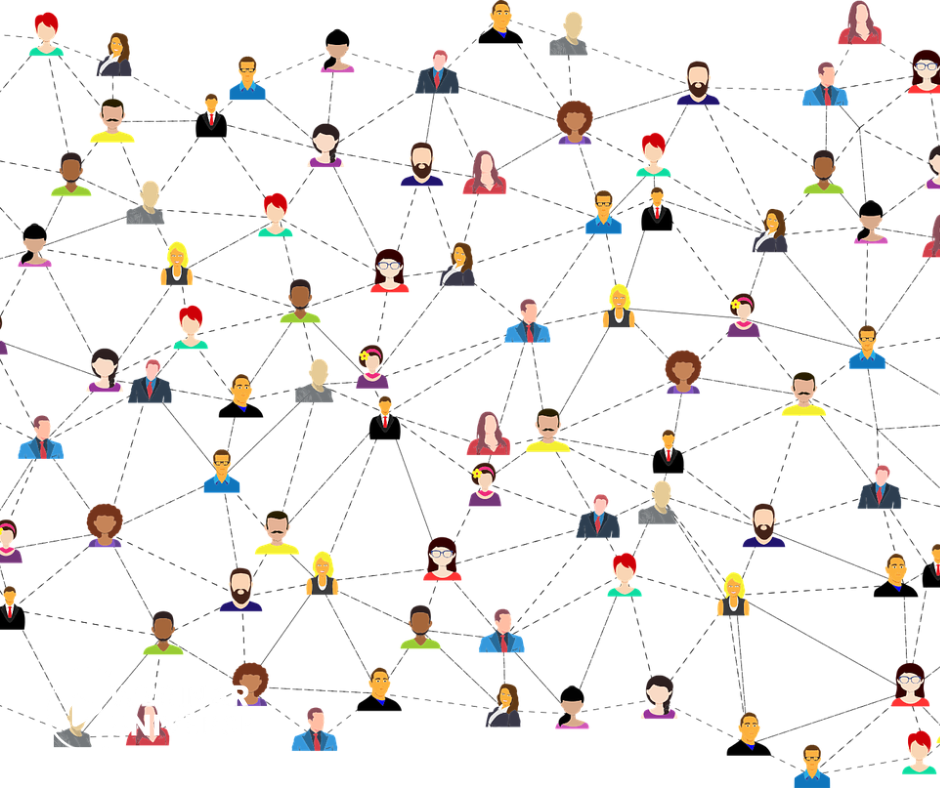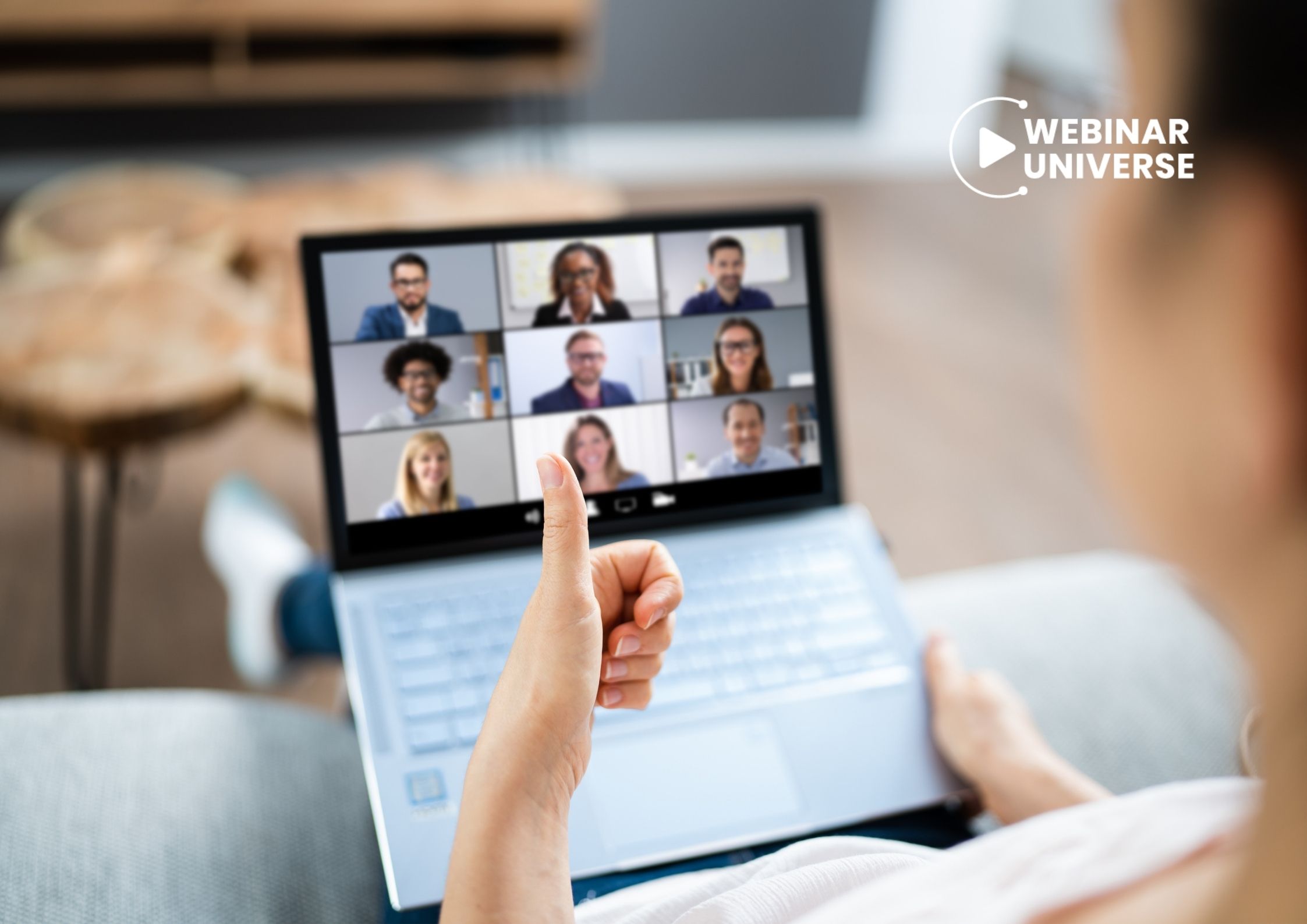The Internet is undoubtedly one of the greatest inventions of the 20th century. From social media to Webinar Universe training, the web has changed all aspects of people's lives.
A world without the Internet - does the world still remember it?
Although email existed long before the Internet, the creation of web services changed the way we communicate. Without all the forms of communication the web gives us, from video conferencing to social networking, our social horizons were terribly narrowed.
In the past, we also didn't have the opportunity to show the world our talents through blogging, vlogging and streaming, etc. Sure, we've always made music or written stories, but it was the web that gave everyone a potential global audience, whereas before that privilege was granted by a relatively small number of media companies.
Without all the innovations inspired by the web, from video streaming to audiobooks, from podcasts to viral memes, the world was much less colorful - but there was no problem of information overload. People before the invention of the Internet had more space to think, to ponder longer on different ideas.
The web satisfies our search for answers on any topic. By giving us access to collective knowledge from around the world, search engines have made profound changes not only in the way we live, but also in the way we think. We look for symptoms of illness rather than making an appointment with a doctor, we consult Wikipedia instead of using our ability to remember facts, and we try to rule out surprises by carefully researching places to visit. Our physical surroundings have also been changed by the Internet, especially in cities and towns. What is now done over the Internet was done through travel agencies, libraries, and bank branches.
With every new social development comes a darker side. Without the Internet we would sleep better, there would be more socializing and physical activity.

Modern Changes
Of all the myriad of communications that the Internet has created, it is important to highlight the emergence of social media and the way it has intricately blended into our daily lives. Social media has changed our personal space, the way we interact with our loved ones, friends, and sexual partners; it has forced us to rethink even basic daily activities such as learning and shopping; it has affected the economy by nurturing a culture of business startups and e-commerce; it has even given us new ways to create broad political movements.
The Internet has clearly impacted all types of education, providing unlimited learning opportunities. People can use the Internet to create and share knowledge and develop new ways of teaching that capture the imagination of students anywhere, anytime, using any device.
The World Wide Web is an inexhaustible source of information. Moreover, the Internet has enabled users to move from their former passive role as mere recipients of messages delivered by conventional media to an active role, choosing what information they want to receive, how and when. The recipient of information even decides whether or not to be informed. We have moved from mass distributed communication to a pattern where the user proactively selects the information they need.
As in the realm of education, the development of information and communication technologies and the widespread effects of globalization are changing who we are and the meaning of cultural identity. Concepts of space, time, and distance are losing their conventional meanings.
Again, vast fields of possibilities are opening up in the cultural arena with the tools of the Internet. The Internet brings culture closer to more people, making it easier and more accessible; it also fosters the emergence of new art expressions and the dissemination of knowledge. In fact, some would say that the Internet is not just a technology, but a cultural artifact in its own right. In addition to its impact on culture itself, the Internet has been enormously beneficial to innovation, which brings progress in all areas - the creation of new goods, services, and ideas; the advancement of knowledge and society; and increased prosperity.
The Internet has also changed the way we interact with family, friends and life partners. Now everyone is connected to everyone else in a simpler, more accessible and more direct way; we can conduct some of our personal relationships through our laptops, smartphones and tablets.
New opportunities and new professions
The Internet has brought many positive changes to the world. We can connect with people from all over the world, access any information we need at any time of the day, use online banking, get our groceries delivered straight to our homes, and stream movies and music. Another huge benefit of the web is that it has created many new jobs that did not exist just a few decades ago.
Social media is big business and every company knows they need to have a presence on it if they want to reach both new and existing customers. Of course, this is a job that didn't even exist a decade ago, but in 2013 LinkedIn listed social media management as an important skill based on member profiles and their job search successes.
Web developers have become absolutely crucial in today's world. The Internet has been fantastic for the IT industry because since its commercialization, the role of IT has become more important, and web development continues to be one of the most sought-after skills in the job market. As the popularity of the internet has increased, it has become increasingly difficult for companies to get their website in the top Google rankings and outrank their competitors. Because of this, search engine optimization (SEO) has become another sought-after profession. This job requires the use of clever techniques such as keyword implementation, email campaigns and display ads to increase traffic and improve site visibility.
Anyone with a smartphone knows that they can't live without at least a handful of their favorite apps. Whether we're waiting for a train, trying to kill time at work, or relaxing on the couch, we all rely on apps to keep us entertained. The app market has well and truly paved the way for a new and enjoyable form of development, and many people have become millionaires.

Advertising on the Web
Throughout history, technological advances have played an important role in the way people have been exposed to new information. From the printing press, to radio, television, and more recently, the Internet, each successive innovation has revolutionized and changed the way people have engaged with new concepts, products, companies, and brands.
However, despite technological advances, until the mid-to-late 1990s, most companies and brands relied on a linear and symbiotic way to reach consumers: traditional media companies sold advertising space to fund their operations, and companies bought advertising space to reach consumers.
With the rapid development and adoption of Internet connectivity, long-established advertising norms have been uprooted. Increased connectivity has led to the democratization of media; anyone with a good strategy, internet connection, and basic web design skills is now able to compete with multi-billion dollar companies for views. Furthermore, the increased use of social media platforms means not only that people are accessing information in new ways, but also that they are no longer dependent on receiving information through traditional media.
Because of the proliferation of new ways to reach consumers and changing consumer habits, companies, brands, advertising firms and media outlets have been forced to adapt and develop new ways to reach audiences. Social media has also played an important role in influencing the way people access information. Americans say they spend an average of 1.7 hours a day using social media. Globally, social media has experienced similar trends.
While the proliferation of new ways to reach consumers has grown exponentially, this has not always translated into greater engagement. Surveys showed that two-thirds of Internet users view online advertising in a negative light, and users used the words "annoying" and "distracting" as the most common ways to describe online advertising. What's more, many consumers are taking matters into their own hands to avoid unwanted marketing and using ad-blocking technology to filter; as a result, ad-blocker use increased by 30 percent in 2016.
The rise of digital advertising and its associated hurdles have encouraged businesses to develop systems and processes to make digital advertising easier, track results, and optimize effectiveness. From interactive advertising to personalization, value exchange to native advertising, entrepreneurial marketers are using technology to develop innovative ways to connect businesses with consumers.
